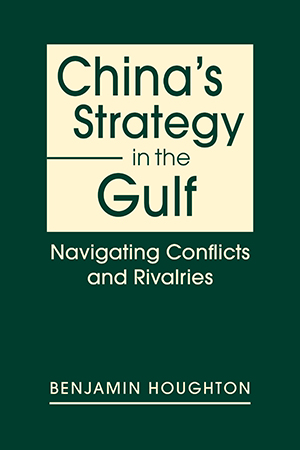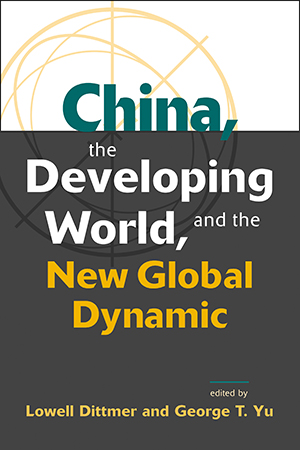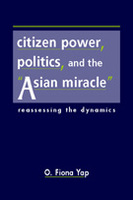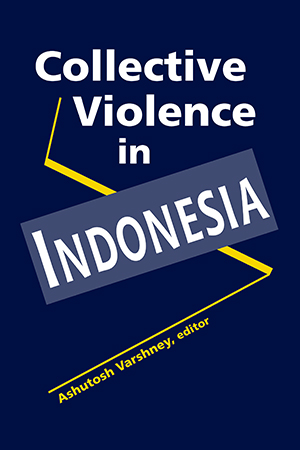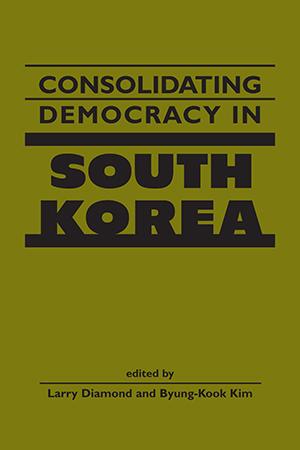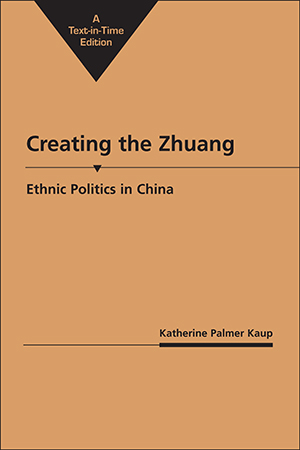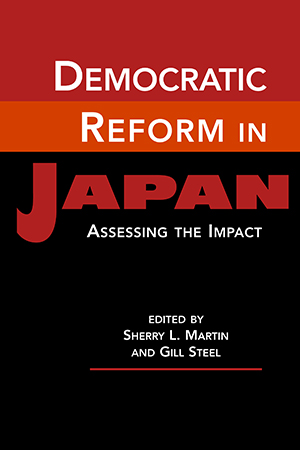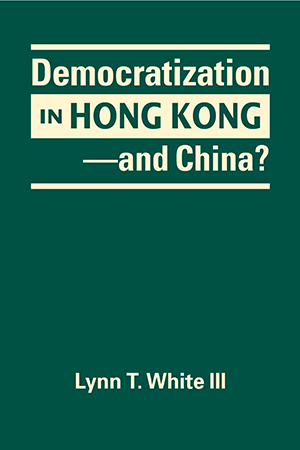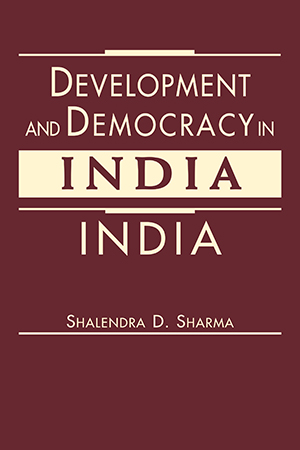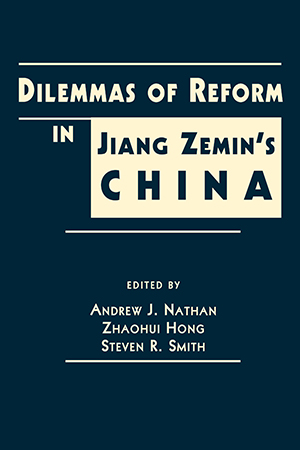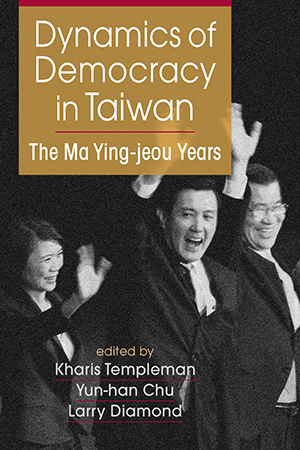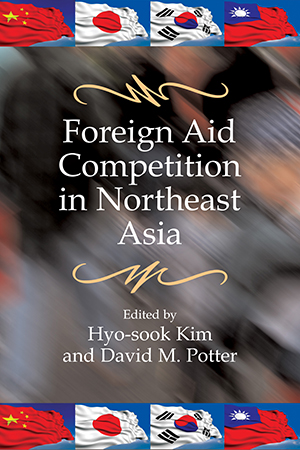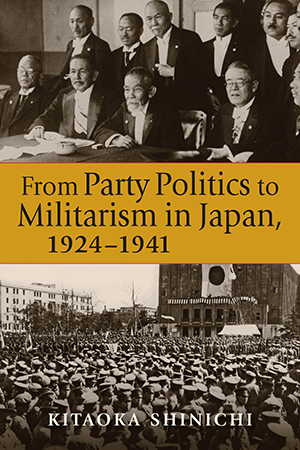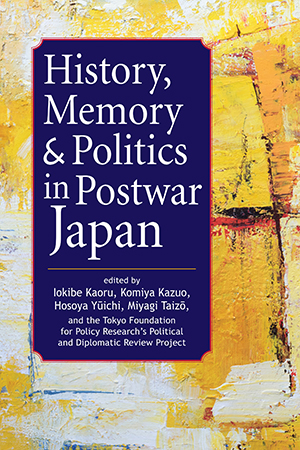Asian Politics
China's foreign and security policy in the Gulf region has been characterized by the cultivation of strong positive relationships with all of the Gulf states, irrespective of their More >
With China's rise as a major player in international affairs, how have its policies toward developing countries changed? And how do those policies now fit with its overall foreign policy More >
Departing from characterizations of Asian governments as benevolent overlords and Asian citizens as politically naive and/or docile, Fiona Yap explores the dynamic interactions between state More >
Since the end of Suharto's so-called New Order (1966-1998) in Indonesia and the eruption of vicious group violence, a number of questions have engaged the minds of scholars and other More >
Since its inception in 1987, Korean democracy has been an arena of continual drama and baffling contradictions: periodic waves of societal mobilization and disenchantment; initial continuity More >
Managing ethnic nationalism within the People's Republic of China has become increasingly challenging. As new reforms widen economic disparities between minorities and the Han majority, More >
Widespread dissatisfaction in Japan in the 1990s set the stage for numerous political reforms aimed at enhancing representation and accountability. But have these reforms in fact improved More >
Hong Kong and its relationship with China make for a uniquely intriguing study in democratization. What has hindered or caused greater popular sovereignty in Hong Kong? Over what time period More >
This broad, historically grounded study examines the relationship between democratic governance and economic development in postindependence India (1947-1998). Sharma addresses the More >
As China enters a stage of economic reform more challenging and risky than any that has gone before, the pressure for political liberalization grows apace. This volume explores the dilemmas More >
During the Ma Ying-jeou presidency in Taiwan (2008–2016), confrontations over relations with mainland China stressed the country’s institutions, leading to a political crisis. More >
In recent years, China, Taiwan, South Korea, and Japan have been transformed from aid recipients to aid donors, raising a number of questions. What motivated these four countries to embark More >
On March 18, 2000, Taiwan's voters stunned the world by choosing Chen Shui-bian, the candidate of the opposition Democratic Progressive Party (DPP), to be their president. A host of new More >
The years in Japan between June 1924, when a coalition cabinet of three political parties was established, and December 1941, when the country declared war on the United States and Britain, More >
Memories can be shared—or contested. Japan and Korea, just one case in point, share centuries of intertwined history, the nature of which continues to be disputed, particularly with More >



